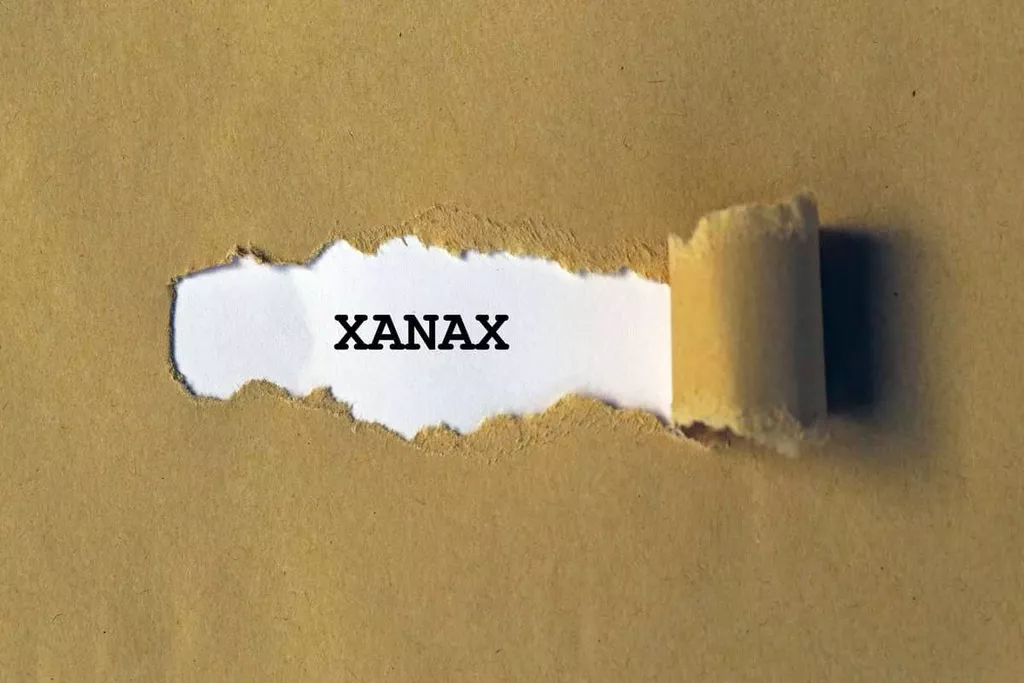
Zinc deficiencies are often present in those with an alcohol dependency, and some studies have showed that a deficiency prior to an addiction may be linked to a higher potential for developing one. At The Recovery Village Columbus, we care about helping you feel your best during recovery, ultimately succeeding in your recovery journey. Contact a Recovery Advocate today to learn how we can help you achieve lasting freedom from alcohol addiction. Regular follow-up appointments with a nutritionist allow for ongoing assessment of your dietary habits and progress. By monitoring your progress, a nutritionist can make necessary adjustments to your dietary plan to ensure it continues to meet your changing needs. Recovering alcoholics should aim to identify their personal triggers and avoid them as much as possible.
Treatment Facilities
Valerian root is known for its ability to promote relaxation and sleep, which can alleviate stress-related cravings for alcohol. Some people report vivid dreams or grogginess, so start with a low dose to gauge tolerance. As an inhibitory neurotransmitter, GABA can promote relaxation, reduce feelings of anxiety, and contribute to better sleep.

Crafting a Balanced Diet for Long-Term Recovery
- By emphasizing the importance of nutritious meals, recovering individuals can foster healthier eating habits that encourage a successful transition toward sobriety.
- Healthy foods play an important role in restoring the body’s nutrient stores depleted by alcohol consumption.
- Vitamin D is also important for maintaining healthy bones and muscles, while folic acid helps regulate red blood cell production and repair damaged cells due to chronic or heavy drinking.
- Early in recovery, your body will need to readjust to the feeling of hunger.
- For the average person who is eating a well-balanced, healthy diet, supplements of vitamins B and C are often unnecessary.
While all of it provided some relief and I learned a lot, I still struggled with insomnia, depression, and the underlying low-grade feeling I’m not ok. I thought maybe something was wrong with me and that it was something I would need to learn to live with for the rest of my life. Vitamins and minerals contribute significantly to the recovery process for those overcoming alcohol dependency.
Balanced Recovery With Reframe
L-theanine can promote alpha brain wave activity, contributing to a relaxed but alert mental state. Reduced stress and improved calmness can help mitigate the desire to turn to alcohol. Because alcohol is an immunosuppressant, some people take vitamin C to combat some health risks of alcohol use. However, there is little support in clinical studies for using vitamin C for this reason. One of the best ways you can help your gut restore its healthy bacteria is to consume probiotics. Yogurt is one of the most popular sources of probiotics, but other options include fermented foods like kimchi and pickled vegetables, fermented drinks like kombucha, sourdough bread, and tempeh.
That’s what evens out your moods, helps you sleep better, and soothes the urge for alcohol. Experts suggest a diet with lots of complex carbs like whole grains, veggies, peas, and beans. Before starting any vitamin routine, it is strongly recommended that you consult your doctor about what kind of vitamins would best suit your particular health situation. Your physician will also be able to provide specific guidance on which dosages you should take and how frequently they should be taken throughout the day. If you have any dietary restrictions or allergies this will influence the type of vitamins you ultimately choose as well.
What vitamins to take while detoxing?
By prioritizing hydration, individuals can significantly improve their chances of successful recovery while enhancing their mental clarity and focus on healing. For further insights into nutrition, explore what foods are good for recovering alcoholics. If you’re in an alcohol addiction treatment program, you know how tough it can be to overcome alcohol cravings. Your body may crave alcohol long after your last drink, and this can pose a severe challenge to your recovery. Between two and four weeks, withdrawal symptoms begin to fade, but insomnia, irritability, and exhaustion continue. By one to three months, liver function and energy levels have significantly improved, but the risk of relapse remains substantial, necessitating extensive support networks.

Some important amino acids in this process are tryptophan, tyrosine, and glutamine. Consuming a balanced diet that includes a variety of protein sources will help drug addiction ensure you receive all the necessary amino acids for proper healing and a successful recovery. For recovering alcoholics, maintaining optimal health is crucial for their successful recovery. Vitamin C plays an integral role in helping reduce inflammation caused by alcohol abuse; it works by neutralizing toxins that accumulate during heavy drinking sessions.
- Incorporating various fruits, vegetables, legumes, whole grains, nuts, and seeds into one’s diet provides a wealth of beneficial compounds that assist in the detoxification process.
- Heavy drinking makes it harder for your organs to work the way they’re supposed to, especially your stomach lining, pancreas, intestines, and liver.
- Vitamin B supplementation is particularly crucial in combating the deficiencies commonly observed in alcoholism.
The Road to Recovery
By doing your research upfront, eventually selecting an appropriate multivitamin becomes much easier because now there are fewer things vying for your attention. Chronic alcohol intake can lead to diminished calcium, magnesium, iron, and zinc levels. While battling addiction, what vitamins are good for recovering alcoholics vitamins and nutrition are typically not prioritized. Not only that, drug and alcohol use can deplete necessary vitamin sources in our bodies. Certainly, alcohol can beat up our bodies and leave some permanent damage. Consult your healthcare provider if your drinking can compromise the medication or supplements you’re currently taking and vice-versa.

Calls to any general helpline will be answered by treatment providers, each of which is a paid advertiser. Excessive drinking has numerous impacts on your body and mind, ranging from mild to severe. It’s recommended to consult with your doctor before beginning a new vitamin regimen to assure appropriate, personalized dosage and vitamins. Increased alcohol can lead to heart issues, sleep disturbances, cancer, cirrhosis, dementia, diabetes, organ failure, and many other conditions.
